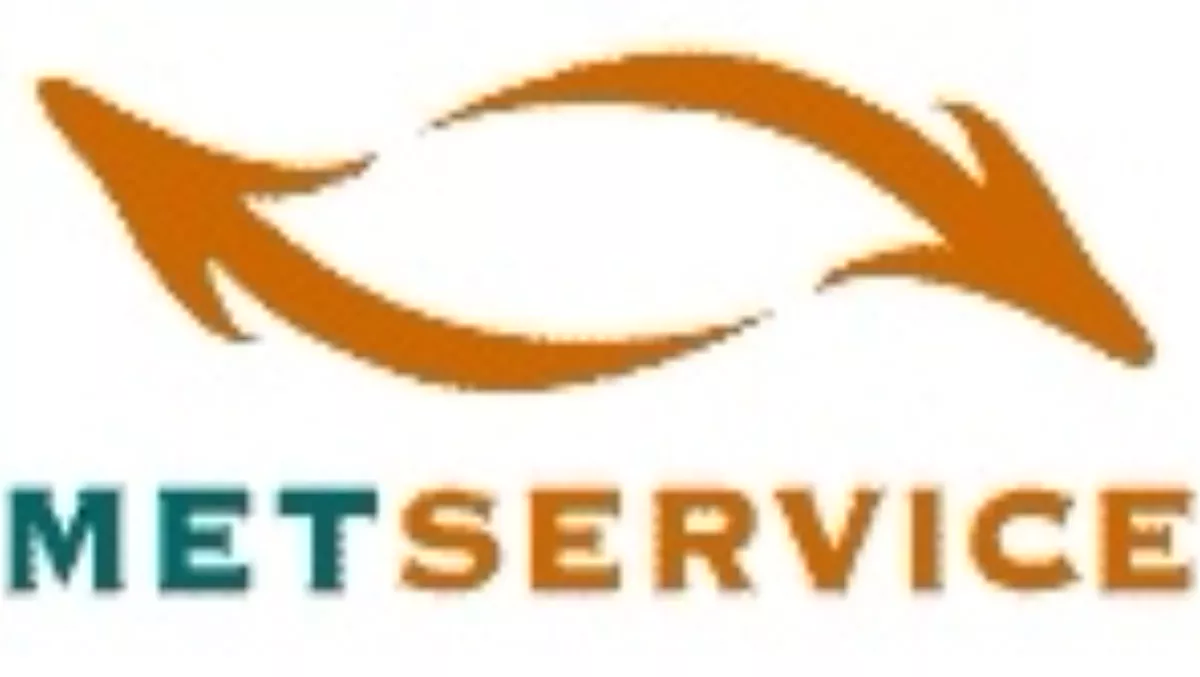
Virus invades Metservice website
Wed, 17th Aug 2011
FYI, this story is more than a year old
In what may be its busiest week of the year, the Metservice website has been stung by a malware invasion.
Users have reported receiving a Trojan called Personal Shield Pro while checking up on the weather forecast. The Trojan, thought to have been embedded in advertising on the site, informs users that their computer has been infected with a virus and they will have to purchase Personal Shield Pro to remove it.
Metservice has removed the advertising and says it will issue a statement shortly.

